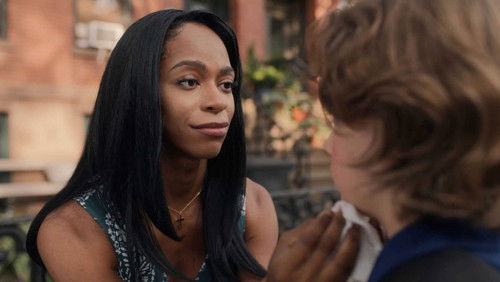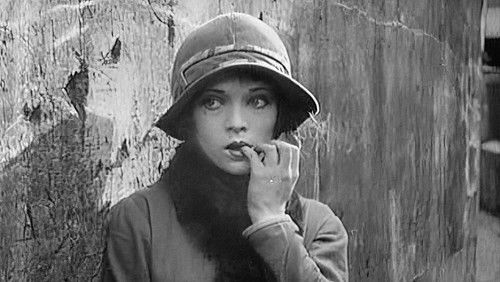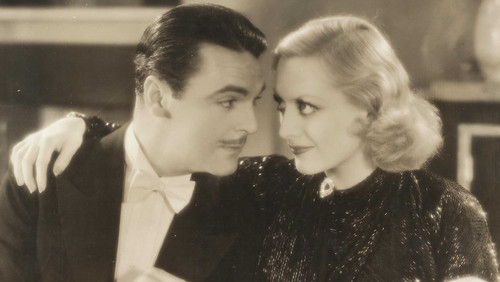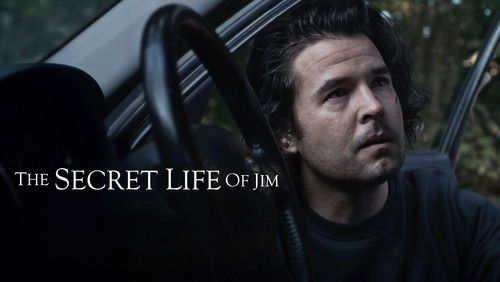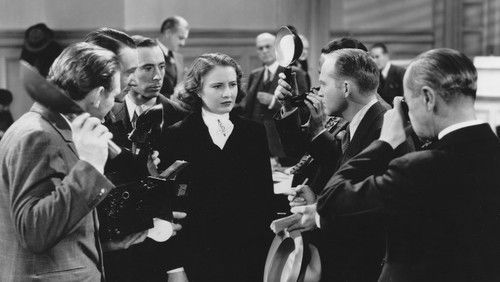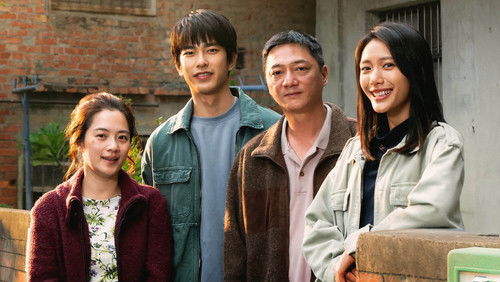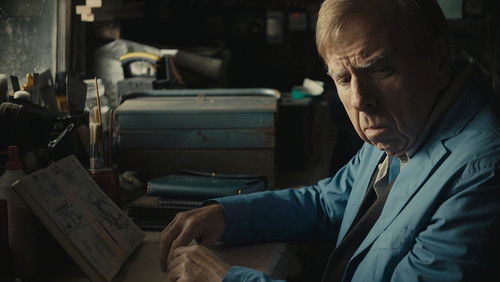Weg aus der Hölle (1997)
56KWeg aus der Hölle: Directed by Bruce Beresford. With Glenn Close, Frances McDormand, Pauline Collins, Cate Blanchett. A group of women who are imprisoned on the island of Sumatra by the Japanese during World War II use music to relieve their misery.
“Paradise Road is based on the true story of women POWs in Sumatra during WWII. The film, for the most part, follows what really happened… with one glaring exception!u003cbr/u003eu003cbr/u003eThe incident that is prominently missing from Paradise Road is the Bangka Island massacre, which was one of the worst atrocities committed against women POWs during WWII and is an integral part of this story.u003cbr/u003eu003cbr/u003eAfter their ship, The SS Vyner Brooke, was sunk, the survivors made for the nearest land which was Bangka Island. They came to shore in different places but a group of more than a hundred people ended up on Radji beach. The group consisted of 22 Australian Army nurses, some civilian men, women and children, and 30 British soldiers from another ship which had been sunk. The island was fully occupied by the Japanese and the group unanimously decided to give themselves up. The group leader set off to find someone to surrender to. The civilian women and children began walking towards the main town on the island. The 22 nurses remained behind with the men and the soldiers (many of whom were badly wounded), an elderly British woman also remained with her wounded husband.u003cbr/u003eu003cbr/u003eWhen the group leader returned with a group of 20 Japanese, they ignored all requests for surrender. The Japanese shot and bayoneted the men, then ordered the 23 women to walk into the ocean. When they reached waist depth, the Japanese open fired with a machine gun and mowed the women down.u003cbr/u003eu003cbr/u003eThere was one survivor. One of the nurses, Vivian Bullwinkel, was shot through the side and survived by pretending to be dead. She hid in the jungle for 12 days, caring for a British soldier who had been bayoneted and left for dead (he later died). Eventually, she gave herself up and was re-united with the rest of the women in the prison camp in Muntok. When she told them what had happened on the beach and they quickly realised that they would all be killed if the Japanese learned there was a witness to the massacre. So they made a pact not to speak of it again until they were free.u003cbr/u003eu003cbr/u003eParadise Road is a fictional film based loosely on fact, not a documentary. Sometimes it is necessary to make changes to the real sequence of events in order for the filmu0026#39;s structure and pacing to work. I do accept this and I would prefer to see a good film rather than a accurate one.u003cbr/u003eu003cbr/u003eBut in leaving out the massacre on the beach, the film does a disservice to these women. These women were aware, from the start of their internment, that the Japanese were capable of atrocities on a massive scale and that there was no safety in numbers. They lived in a constant state of fear that the Japanese would repeat such an act or learn that Vivian Bullwinkel had survived the massacre and kill them all.u003cbr/u003eu003cbr/u003eParadise Road tries to portray Japanese atrocities with a fictitious incident where a woman is set on fire (which did not really happen) but this does not compare to the scale of the 80 people massacred on Radji beach and the effect it had on the women in the camp. There were 32 Australian Army nurses in the camp and the women who died on the beach were their friends and colleagues. They were from the same unit and had nursed together for the first two years of the war. All their interactions with the Japanese guards were coloured by the knowledge that they had murdered 22 of their friends in cold blood.u003cbr/u003eu003cbr/u003eParadise Road is a very good movie and I suspect it will become the definitive film about female POWs during WWII. Which sadly means that the 22 women who were murdered on Radji beach will be lost from memory… and they deserve better than that.u003cbr/u003eu003cbr/u003eIf you want to learn more about the women POWs of Sumatra, I suggest you read u0026quot;White Coolies: Australian Nurses Behind Enemy Lines,u0026quot; the diary kept by camp survivor Betty Jeffrey, or read the biography u0026quot;Bullwinkelu0026quot; by Norman G. Manners. There is also an excellent 1985 documentary called u0026quot;Song of Survivalu0026quot;, and a really tacky episode of u0026quot;Willeseeu0026#39;s Australiansu0026quot; that dramatises the story of Vivian Bullwinkel.”
